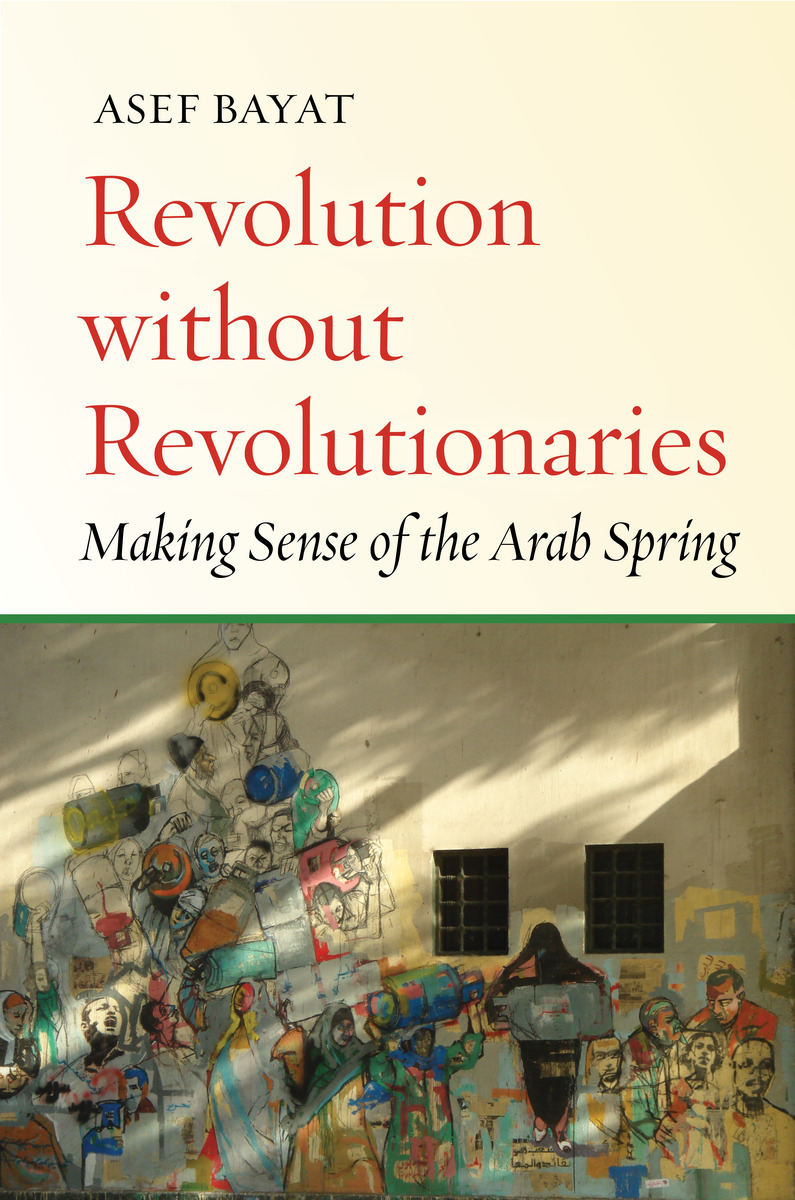What is Missing from the Arab Spring?
DOI:
https://doi.org/10.22029/ko.2018.182Abstract
In his new monograph, sociologist Asef Bayat ethnographically and historically analyzes the challenges that came with the ‘revolutionary’ phenomenon of the last three decades. Beginning from the Iranian revolution in 1979 till the recent uprisings that hit many Arab countries in 2011, Making Sense of the Arab Spring embraces not only a regional but also a global comparative approach. The book illustrates what a radical change means (or does not mean) for the people, who initiate such uprising in confrontation with the respective regimes and authorities in charge. Although Bayat traces the unfortunate absence of any sign of revolutionaries and revolutionary ideas shortly after their emergence in the streets, he closes on a hopeful note, inviting the readers to think about new horizons that can lead to “imagining and working for alternative futures” (p. 223).

Downloads
Published
Issue
Section
License
All articles (not book covers) in KULT_online from issue 50 on are published under the license Creative Commons Attribution 4.0. All published articles may be reused under the conditions of the license, particularly for commercial purposes and through editing the article (Human-Readable Summary). All authors (have) permitted the publication under the above mentioned license. There is no copyright transfer towards KULT_online. For all book covers specific rights might be reserved, please contact the respective publisher for any lawful reuse. All contributions published in issue 1-49 of KULT_online are free available online and protected by the German Copyright Law.



